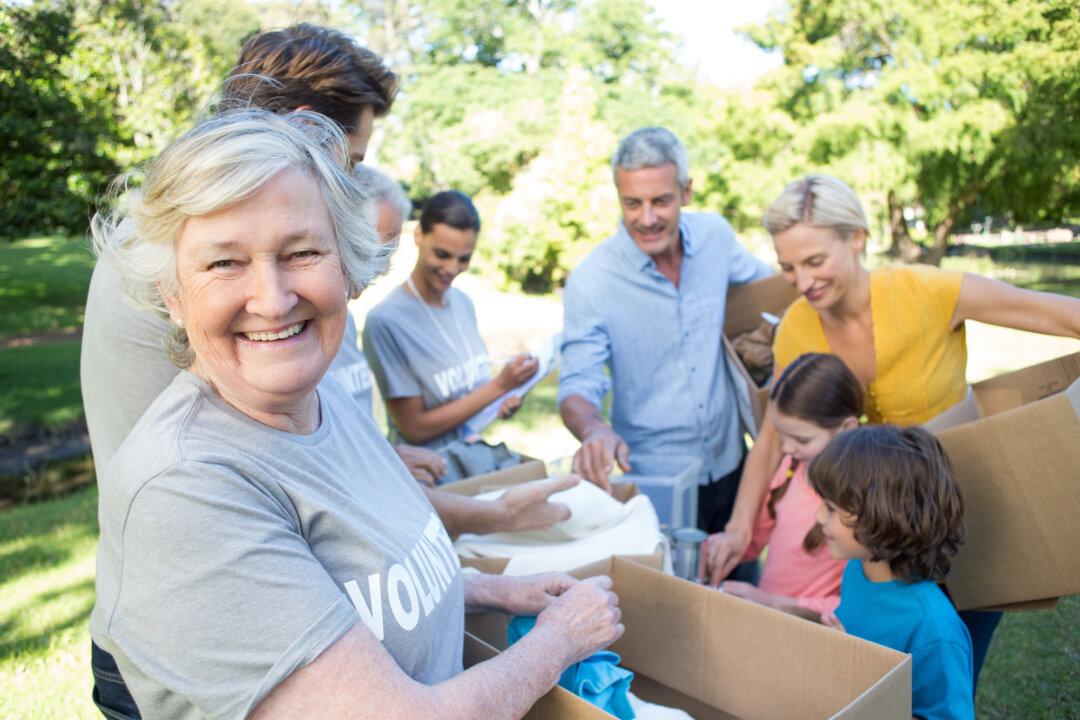Several years ago, when I was teaching seminars to homeschool students in Asheville, North Carolina, most of my students participated in extracurricular activities. They had the opportunity to join a variety of homeschool sports teams: basketball, football, tennis, cross-country, and more. Organized as well were debate teams, chorales, theater groups, book clubs, an annual poetry night, and dances. Many of these young people also participated in Boy Scouts, 4-H, and youth groups at their churches.
Adult volunteers, mostly moms and dads, made these activities possible. They stepped up and gave of their time and energy to allow their children and others to have some fun and develop certain skills.






